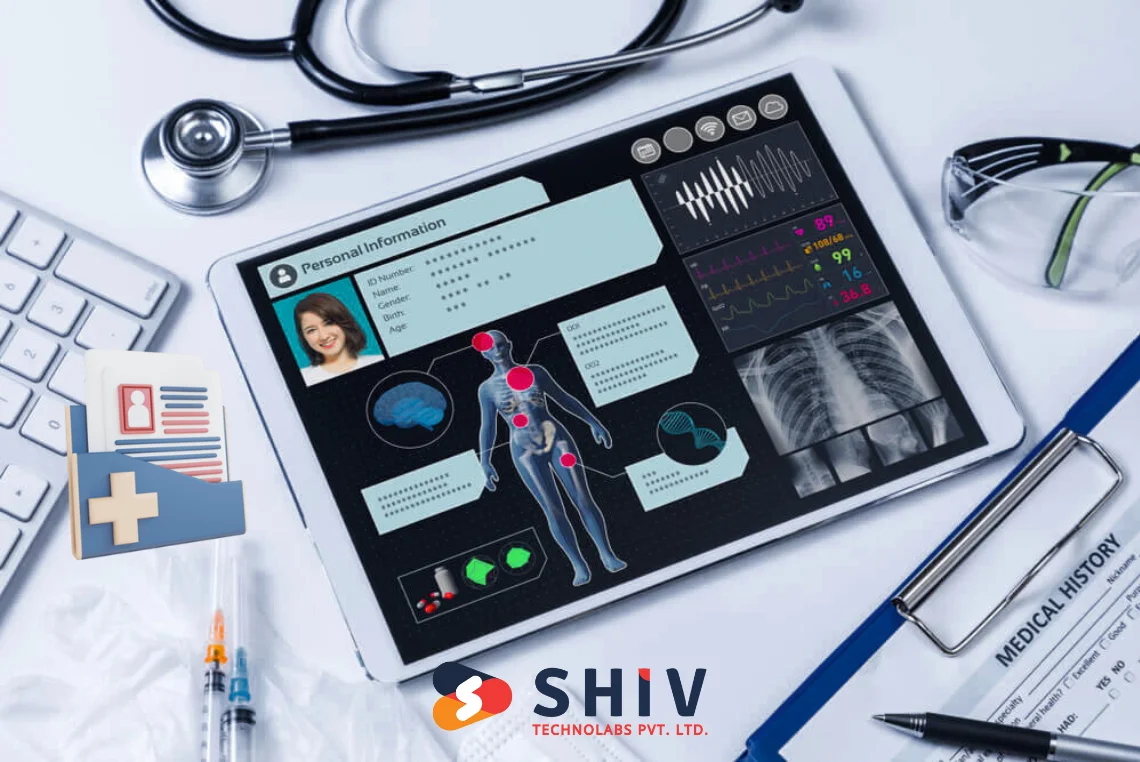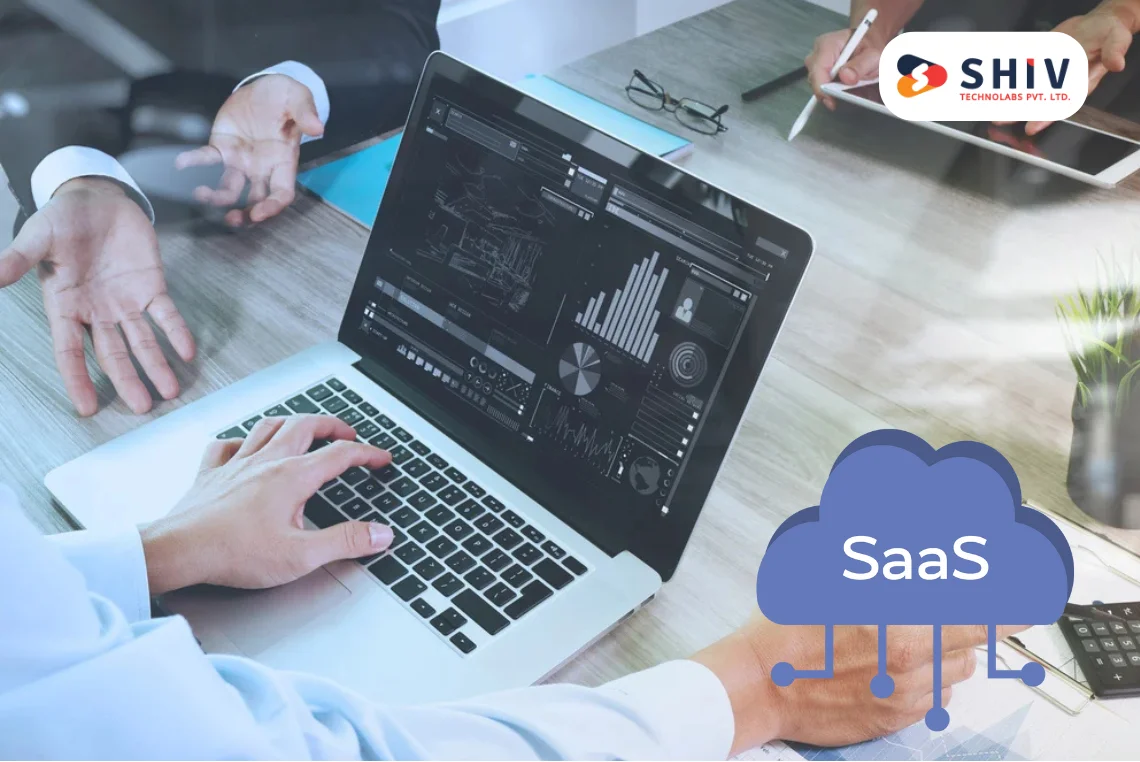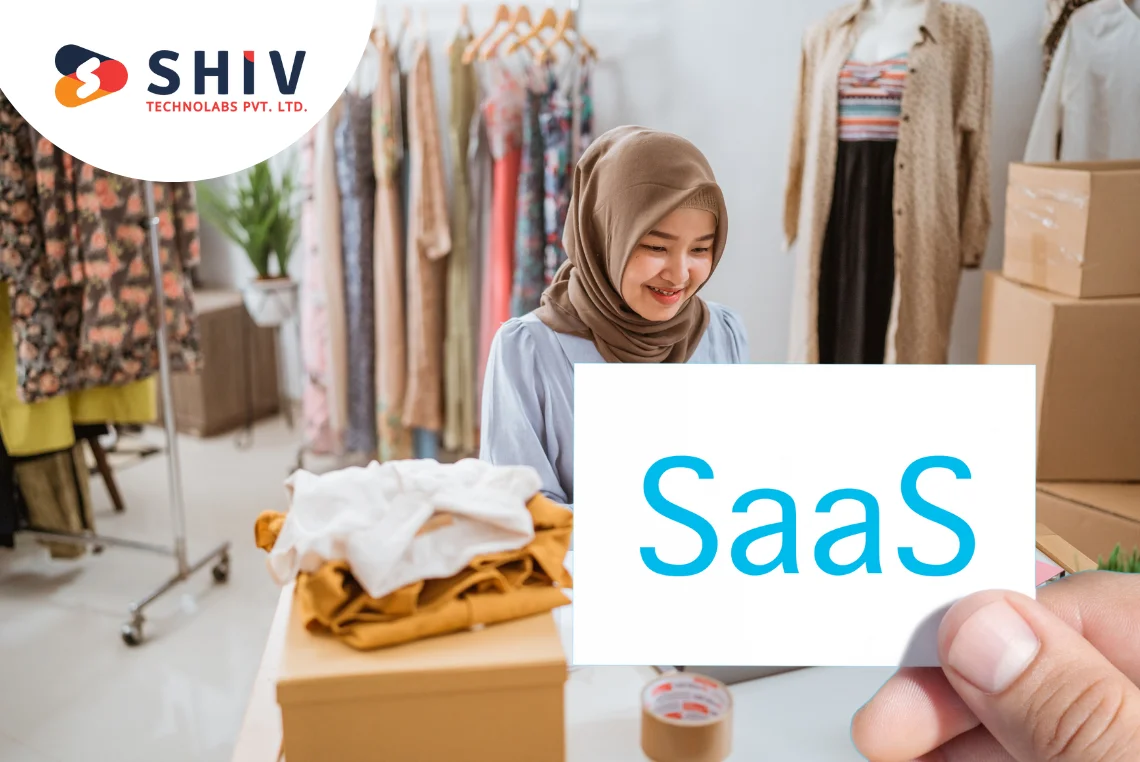Table of Contents
Launching a software product requires a significant amount of effort, especially when budgets are tight and outcomes are uncertain. A SaaS MVP (Minimum Viable Product) solves this by offering a clear path, not by cutting corners, but by starting small.
A SaaS MVP is a basic version of your software, built to check if it solves a real problem. It is not for attracting investors or entering the full market. It is designed to monitor demand, gather user feedback, and make informed decisions based on actual activity.
The report states that 35% of startups fail due to a lack of market demand. That number alone shows why an MVP matters.
If you are ready to go beyond the MVP and grow your SaaS into a full platform, our SaaS development team can help you move forward without losing time.
What Is a SaaS MVP and Why Does It Matter
A SaaS MVP is not just a rough version of your product. It is a working software tool that includes only the features needed to serve early users and test if the market wants it.
Here’s why building a SaaS MVP works well:
- Confirms your idea without spending too much
- Uses Lean Startup steps to improve based on real feedback
- Helps you launch sooner so you can test before others do
You don’t need every feature on day one. You need focus, user input, and clear signals. A good SaaS MVP provides that.
Benefits of SaaS MVP Development for Startups

Creating an MVP for SaaS startups is not only about spending less—it’s about building with purpose. It gives startups a better chance of long-term success.
Faster Time-to-Market
With an MVP, you can launch in a few weeks. You move ahead while others stay stuck in planning.
Lower Initial Costs
When you build SaaS MVP, you build only what matters. You avoid spending on features nobody uses. That helps manage your budget.
Early User Feedback
Real users will show you what works. You’ll see what to keep, what to skip, and what to add later.
Reduced Development Risk
You avoid putting everything into one big launch. You test parts of your product step by step. That keeps you flexible and lowers the chance of failure.
Key Steps to Build a SaaS MVP in 2025
Eager to learn how to develop SaaS MVP? Let’s look at the main steps to build your SaaS MVP. These steps are used by real teams and founders who know what works.
Define Your SaaS Idea and Goals
First of all, ask yourself a question: What problem does your software solve? Specify your users, objectives, and the outcome you want them to achieve successfully.
Conduct Market and Competitor Analysis
Check what others are offering. Where do they succeed? Where do users still struggle? Use this to shape your plan.
Identify Core MVP Features
Pick the features that are necessary to deliver your product’s core value. Skip anything extra.
Choose Your Tech Stack
Select tools that let you move fast. Don’t overbuild. We’ll go through the best choices below.
Design Simple UI/UX
Your app should be easy to use. Focus on function, not fancy design. You can upgrade later.
Start Development
Start building based on your top features. Keep the code simple so you can update quickly after launch.
Test and Iterate
Test your SaaS product MVP before launch. Fix the main issues. After launch, gather feedback and adjust.
Launch and Gather Feedback
Release your MVP to early users. Watch how they use it. Collect their feedback and make improvements based on what they share with you.
Must-Have Features in a SaaS MVP
You don’t need a full-featured product. Your MVP must work and solve the core issue. These are the SaaS MVP features to include:
User Registration/Login
Add a secure method for signing up and logging in. You can include email or social sign-in options.
Dashboard or Basic UI
Provide users with a basic home screen to view their primary data or features.
Core Functionality
Keep only the most essential use case. For example, invoicing or lead tracking.
Basic Billing or Usage Tracking
If users need to pay, or you want to track activity, include a simple billing or usage monitor.
Admin Panel
Build SaaS MVP with a small admin dashboard to help manage users and settings.
Best Tech Stack for SaaS MVP Development

Selecting the right tech stack for an SaaS MVP enables you to launch quickly and scale efficiently later. These are the best tools used by the MVP development company in 2025:
Frontend: React or Vue
React is widely used and flexible. Vue is easy to start with, making it great for small teams.
Backend: Node.js or Django
Node.js works well for fast apps and APIs. Django offers a full framework with built-in features like admin dashboards.
Database: PostgreSQL or Firebase
PostgreSQL is powerful and stable. Firebase gives you real-time data and is easy to scale.
Cloud Hosting: AWS or Heroku
AWS gives you control and flexibility. Heroku gives you a fast deployment option without any server management requirements.
Flutter for Cross-Platform MVPs
In case your MVP is to be deployed on the iOS and Android, Flutter allows you to create both through a single codebase.
Also Read: How SaaS Applications Development Drive Business Growth
How Much Does It Cost to Build a SaaS MVP?
Your cost to build SaaS MVP will depend on how complex your MVP is. Here are the common SaaS MVP cost ranges:
Basic MVP: $20,000–$40,000
This involves some of the primary characteristics, clean design as well as login, and billing features.
Mid-Complexity MVP: $40,000–$80,000
Has additional options, user roles, analytics, and third party tools.
Enterprise MVPs: $100,000+
Built for scale, includes strong security, complex backends, and several tool connections.
Ongoing Maintenance: 15–30% Annually
This covers hosting, updates, bug fixes, and new features.
Mistakes to Avoid When Developing a SaaS MVP
Some founders build too much, too soon. Avoid these common errors:
Overbuilding Too Early
Extra features make the app slower and harder to use. Start small.
Ignoring Real User Feedback
User behavior should shape your roadmap. Don’t guess. Ask and observe.
Choosing the Wrong Tech Stack
A complex stack slows progress. Pick tools your team understands.
Skipping Proper QA
Even MVPs need to work well. Fix major bugs before users find them.
When to Move Beyond MVP to Full SaaS Product
You’ve launched. Now look at the data. These signs tell you it’s time to grow:
Signs That MVP Has Traction
If users return, talk about your product, and bring others in, it’s working.
Metrics to Track: Churn, Usage, Signups
Examine how often users return, how they utilise features, and the number of new users who sign up.
Build Out Advanced Features
Add what users request the most. Focus on the features that make the most significant impact.
Plan for Scale
Start preparing for support, analytics, better infrastructure, and more marketing. This is when SaaS product development really begins.
Need Help Building Your SaaS MVP?
If you want to build a smart, simple, and ready-to-test SaaS MVP, Shiv Technolabs, best SaaS application development company, is here to meet your SaaS development services requirements.
We help create MVPs that focus only on what matters to your users. Whether you’re proving your idea or raising funds, we get you live faster.
Let’s plan your MVP together.
Conclusion
SaaS MVP development is about focusing on what matters. It helps you test your idea, learn from users, and grow with direction.
Want to bring your MVP idea to life? Shiv Technolabs can help design, build, and grow your SaaS product with custom SaaS product development solutions that match your goals.
Let’s build your future. Contact us today.






















